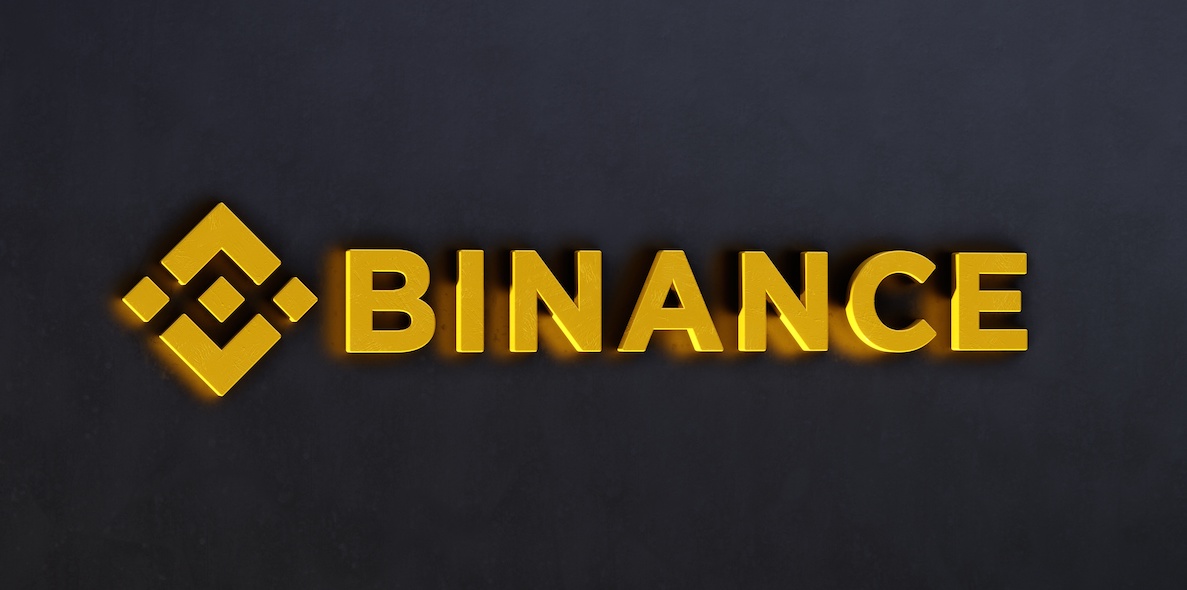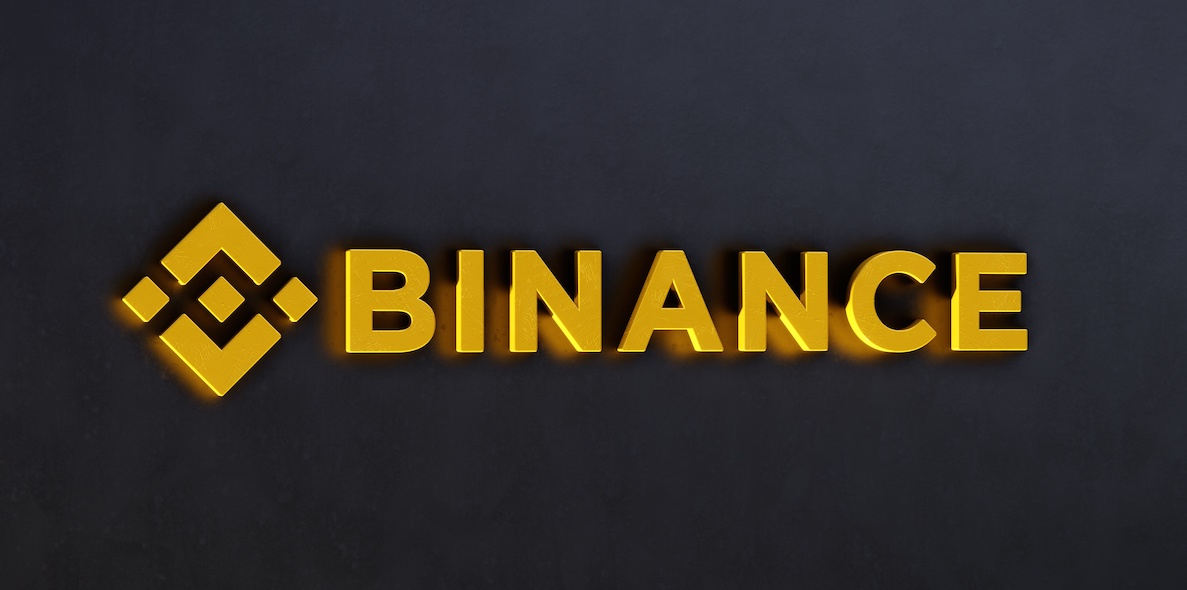The US SEC Sued Binance and CZ on Monday — What’s in the Complaint?

A complaint by the US Securities and Exchange Commission filed against Binance and its CEO Changpeng Zhao unveiled a mix of stark revelations about the world’s largest crypto exchange from evading US laws to internal conversations about Binance.US.
The SEC sued Binance and Changpeng Zhao, also known as CZ, on Monday for their “blatant disregard of the federal securities laws,” along with 13 charges, including operating an unregistered exchange.
“[w]e are operating as a fking unlicensed securities exchange in the USA bro”
The SEC said Zhao and Binance knew that they were operating the Binance.com platform in violation of various US laws.
“As Binance’s CCO bluntly admitted to another Binance compliance officer in December 2018, ‘we are operating as a fking unlicensed securities exchange in the USA bro,’” the SEC said. “(Emphasis added.)”
Zhao and Binance directed the creation of two US corporate entities to launch the Binance.US platform — BAM Management and BAM Trading, according to the SEC.
The agency said Zhao and Binance created BAM Management and BAM Trading in 2019 “as part of an elaborate scheme to evade” US laws, by saying that Binance.US platform was run independently and that US customers could not use the Binance.com platform.
However, Zhao and Binance had a lot of involvement and control of the US entity, the SEC alleged.
The “Tai Chi Plan”
Zhao and Binance hired several advisors to help them manage their US legal exposure, according to the complaint.
A Binance consultant proposed a plan in 2018 to both Zhao and Binance that involved the creation of a US entity called the “‘Tai Chi’ entity,” according to the SEC.
Forbes wrote about the entity back in 2020, and Binance pushed back, going so far as to sue them for defamation.
The SEC said the consultant for Binance recommended that “just for publicity,” the entity should release a detailed Howey Test evaluation framework.
The Howey Test refers to a US Supreme Court case in 1946 that determines whether something is a security.
The SEC said Binance “implemented much of the Tai Chi Plan.”
“In addition to creating BAM Trading and the Binance.US Platform, Zhao and Binance implemented policies and controls to give the impression that the Binance.com Platform was blocking U.S. customers while at the same time secretly subverting those controls,” according to the complaint.
The SEC labels some cryptocurrencies as securities
The SEC said Solana, Cardano, Polygon among others were labeled as securities in the complaint.
“Since the Binance Platforms launched, Defendants have made available for trading on them crypto assets that are offered and sold as investment contracts, and thus as securities,” the SEC said. “This includes, but is not limited to, BNB, BUSD, and the units of each of the crypto asset securities further described below—with trading symbols SOL, ADA, MATIC, FIL, ATOM, SAND, MANA, ALGO, AXS, and COTI (collectively, the ‘Crypto Asset Securities’).”
Each of those were offered and sold as an investment contract, the SEC alleged.
Binance has said that it plans to fight “to the full extent of the law.”
“Today’s action is another in a line of examples where, as with other crypto projects facing similar suits, the Commission has determined to regulate with the blunt weapons of enforcement and litigation rather than the thoughtful, nuanced approach demanded by this dynamic and complex technology,” Binance said on Monday in a blog post.



